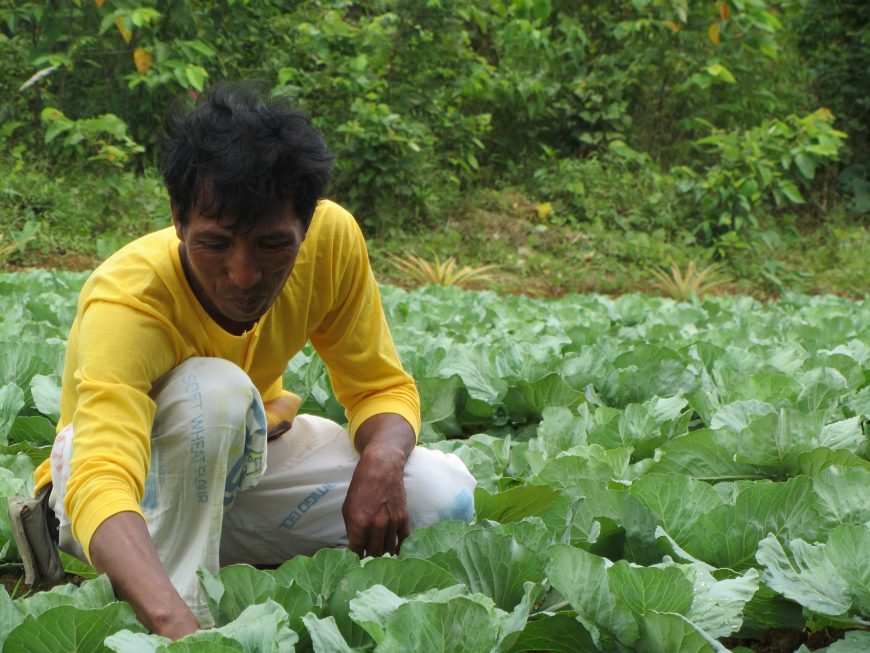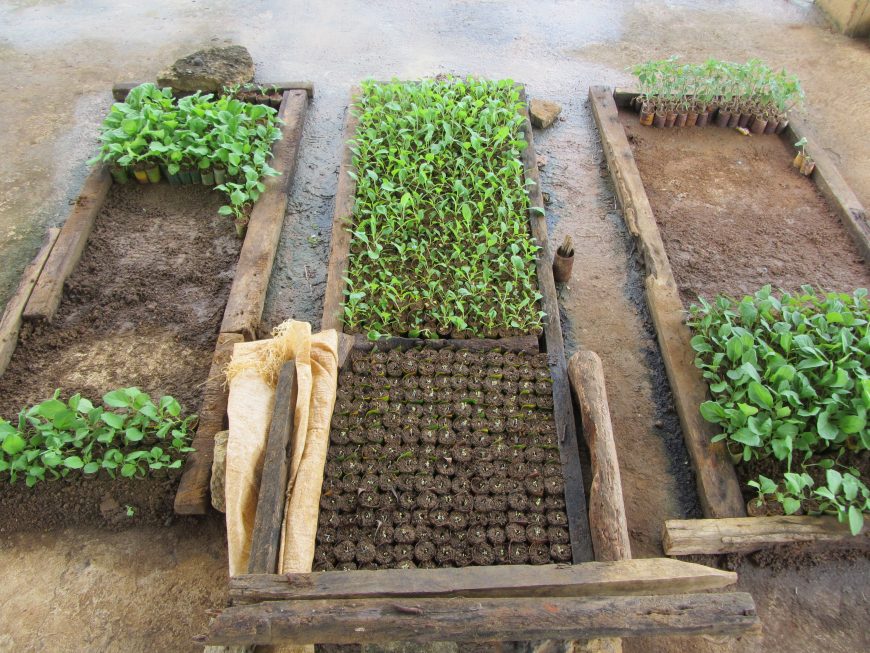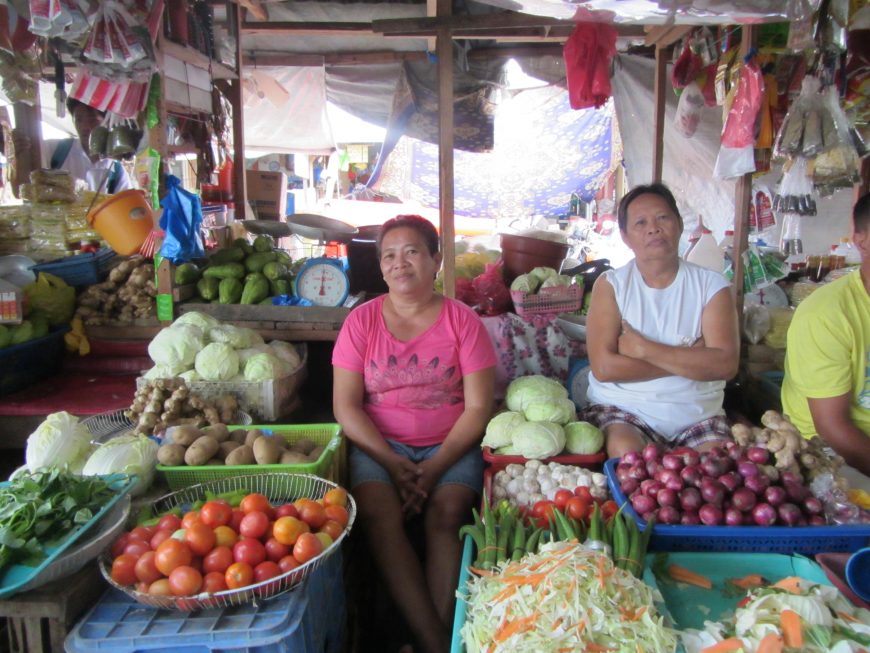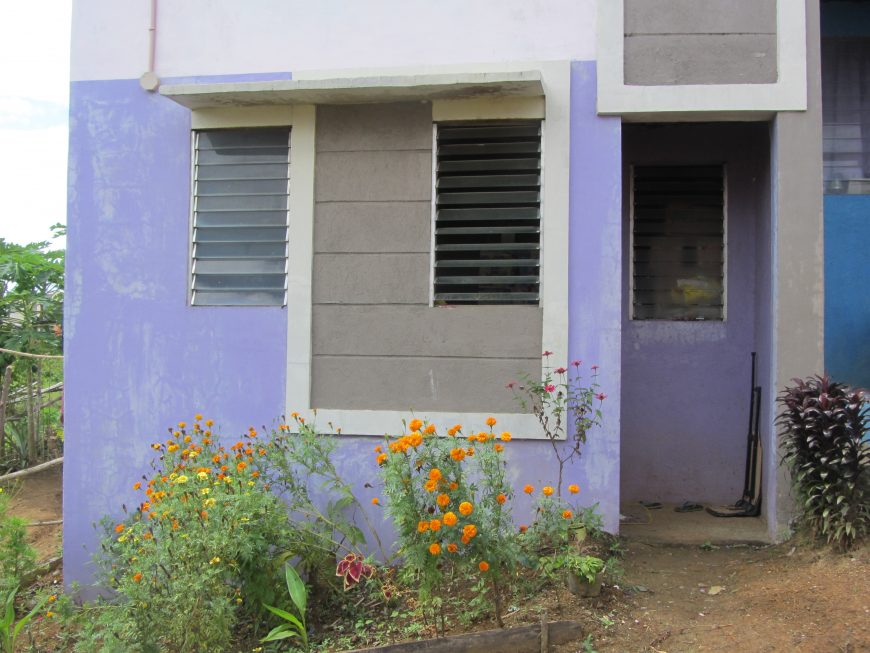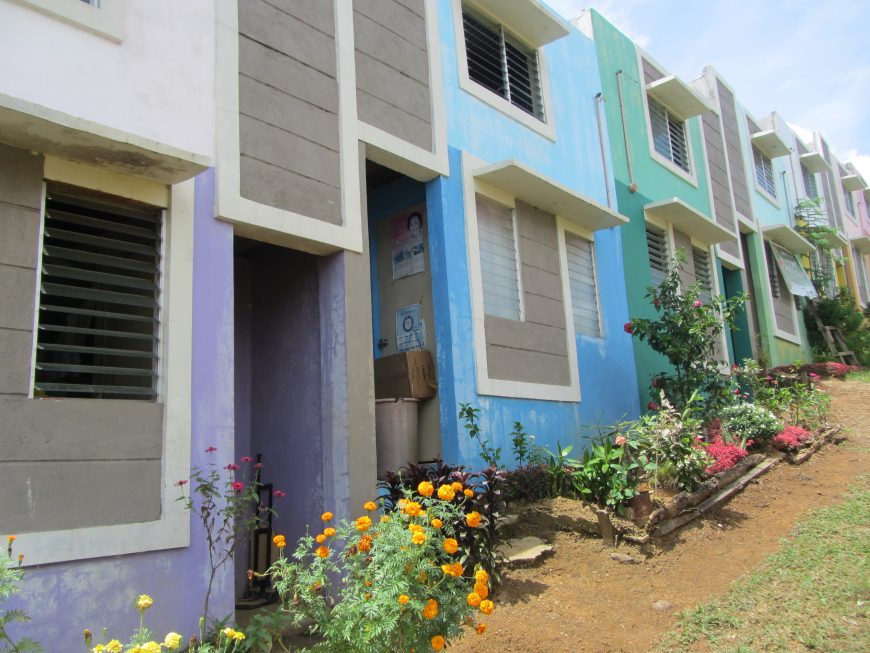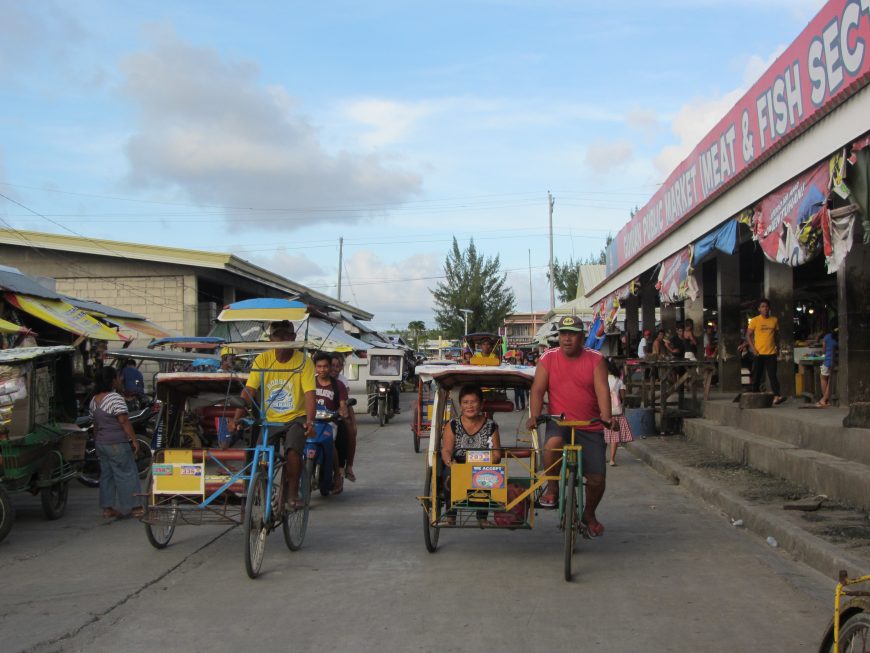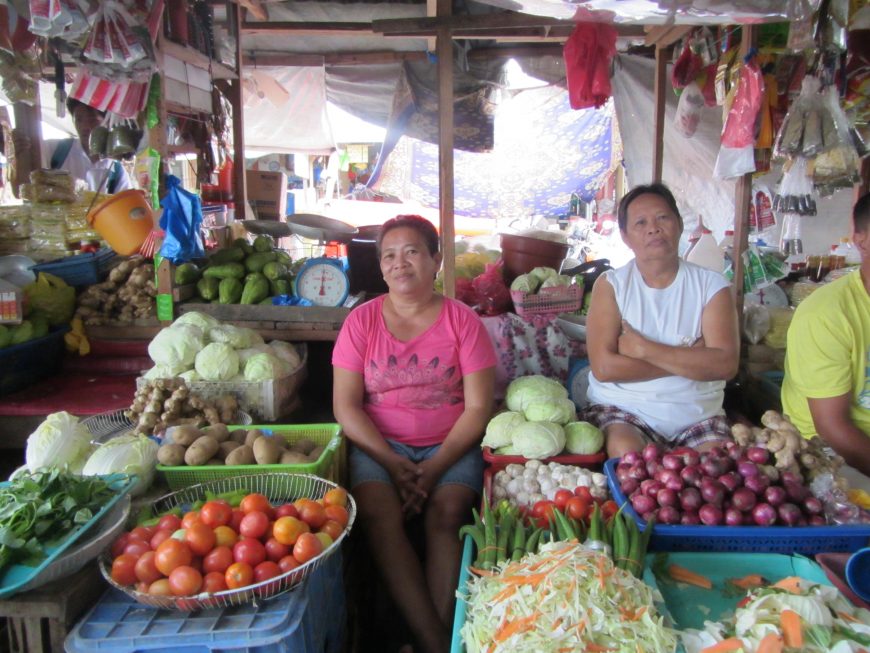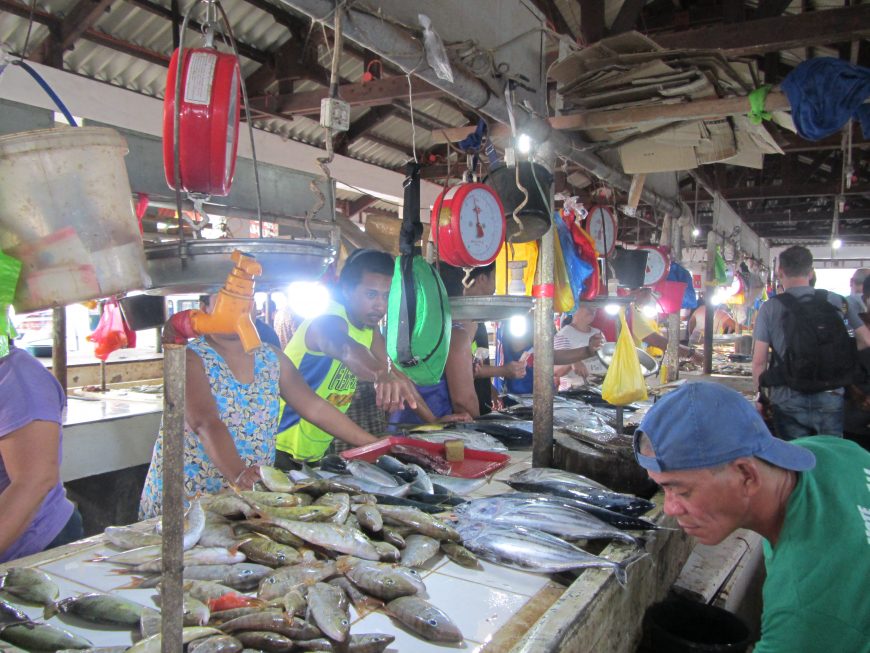One year after entering their new, resilient shelters, typhoon-affected populations of Eastern Samar restart a new life.
In 2015, two years after one of the most powerful and destructive typhoons having ever hit the Philippines, the catastrophic impact of Typhoon Haiyan was still evident in Eastern Samar.
ACTED, with the support of the Agence Française de Développement (AFD), implemented in the Philippines a two-year project between April 2015 and April 2017, aiming to contribute to improving the resilience capacities and the living conditions of populations affected by natural disasters, on the rise.
The project first reinforced the livelihoods of over 5,000 local farmers by introducing high value vegetables not commonly planted in the area such as carrots, eggplants, cucumbers or tomatoes, while using demonstration plots to share knowledge and improved agricultural know-how and practices. Local farmers increased their production and income by using the newly acquired entrepreneurial knowledge to their advantage and maximized the benefits of the revitalised market activity.
Moreover, ACTED’s advocacy induced behavioural, social, and infrastructural change in the targeted area, which in turn resulted in cleaner, open defecation-free communities, decreasing the risks of water and sanitation-related diseases and illnesses.
Improving living conditions and resilience
Through this project, which included a shelter component, ACTED provided 126 vulnerable families living in unsafe areas categorized as “No Build Zones” with a brand new house in a safe location. ACTED worked in close cooperation with the National Housing Authority, which built over 200 additional shelters in the same area, and with the local authorities who constructed the road leading to these new shelters and ensured the shelters could be connected to the water supply. This durable shelter solution considerably improved the quality of life of the new residents, as well as their resilience to recurrent climate-related disasters.
The shelter which has been granted to us allows us not to worry whenever there are calamities ahead, which makes us feel safe and comfortable.
Several months after moving into their new shelter, the beneficiary families now feel fully at home – some of them even already carried out esthetical improvements with painting and decorations.
Restarting livelihoods
This contributed to stimulating the local economy by providing financial support to the new residents in order to restart their business and livelihood activities. The most vulnerable 38 persons received a 20,000 Philippine pesos grant (about 315 EUR) to help them start over in the new, safer location.
This money enabled me and my husband to finally restart our fish selling business in the public market. Thanks to this opportunity, we were able to sustain the basic and daily needs of our family, primarily the education of our children
The amount of the grant was allocated based on the nature of their businesses and the needs of the community. In order to promote the development of the resettlement area and create a sense of community and unity, suitable and varied income generating activities were supported, such as bakeries, butcher shops, fruits and vegetables shops, transport services, tailoring, and variety (sari-sari) stores.
